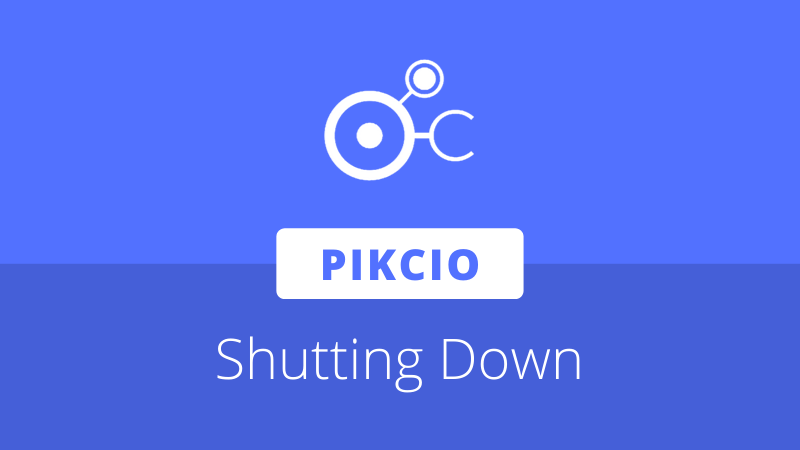
PikcioChain has announced it is closing its parent company, Pikcio AG, as it has run out of funds and was unable to acquire customers to derive a source of revenue. On February 7th, Switcheo de-listed the PikcioChain token (PKX) by suspending PKX deposits and trading, but will allow users to cancel orders and withdraw PKX at any time.
PikcioChain migrated its smart contract from the Ethereum blockchain to the Neo blockchain in January 2018. In February 2018, PikcioChain’s public token sale concluded and raised approximately US $12 million, according to ICObench. Of those funds, US $3 million were invested by the Neo Council and US $6 million from private partners that participated in the token pre-sale.
In early Q3 2019, PikcioAG fell victim to a confidence trick by attackers who impersonated a well known cryptocurrency platform. As a result, 8.5 million PKC tokens were sold by the attackers on the open market before trading was halted.
Afterward, PKC tokens were swapped to a new PKX token, to remove the potential for the scammers to sell the additional 6.5 million PKC stolen in the attack.
At the time of PikcioAG’s closing the Pikcio.me product was live and appeared to have users sending PKX transactions. Pikcio.me sought to be a “personal data bank” that allowed its users to choose who could be given access to their data, how their data was distributed, and receive compensation for sharing data. The platform offered a private and customized search engine, a decentralized peer-to-peer chat, and a PKX wallet.
Future iterations of the Pikcio code
In the announcement, PikcioChain stated, “our priority is now to give a chance to the technology we developed to be used in the future,” and noted the Aleph project as an appropriate home for its technologies.
Aleph is a blockchain agnostic layer-two solution that aims to “decentralize the cloud,” as well as run smart contracts on various public blockchain platforms. Aleph anticipates the use of smart contracts on the blockchains in two ways: transaction batching and message signing, and using assets from the underlying chains.
A PickioChain community member, Moshe Malawach, is also the founder of Aleph.
According to PikcioChain, “The team will dedicate time and effort to collaborate and transfer its awesome technology into the hands of the Aleph.im network team, helping it become a leader in the future.”
Aleph recently conducted an airdrop, distributing the project’s NEP-5 token, ALEPH, to PKX token holders at a ratio of 1 ALEPH for every 5 PKX.
To add the NEP-5 ALEPH token to an ecosystem wallet (i.e., Neon Wallet), users can add the following token hash to their wallet: 2efdb22c152896964665d0a8214dc7bd59232162.
The full PikcioChain announcement can be found at the Telegram link below:
https://t.me/PikciochainAnn/381







About The Author: Dylan Grabowski
Dylan is a reformed urban planner with a passion for covering the Neo ecosystem. His objective as a writer for Neo News Today is to report news in an objective, fact-based, non-sensational manner. When not behind a computer screen, he can be found in the mountains rock climbing. Find Dylan on Twitter (@GrabowskiDylan).
More posts by Dylan Grabowski